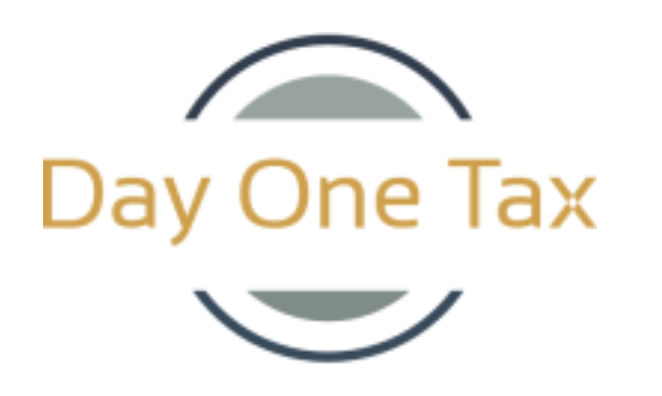(Published: 2024/6/17) It is recommended to use JFC when establishing a company or starting a new business as a sole proprietor. Key points include the availability of no collateral or guarantors, low interest rates, and a repayment period of around 5 to 15 years.
Read more ›(Published: 2024/6/13) If you have a profit of around JPY 8 million to 9 million, a company might be better. But it is essential to consider other factors.
Read more ›(Uploaded on: 2024/6/12) Business Safety Mutual Relief System (経営セーフティ共済制度) helps prevent financial difficulties and also allows for tax savings.
Read more ›(Published: 2024/6/5) This article briefly explains the steps for establishing a company. If establishing a company, you gain social credibility and tax advantages.
Read more ›(Published: 2024/6/5) When you establish a company, you need a hanko. Basically, there is no problem if you have a single representative hanko (jitsuin).
Read more ›(Published: 2024/6/5) A virtual office or rental office (serviced office) is a good option. It is not too late to consider renting an office as a physical base once the company has grown.
Read more ›(Published on: 2024/6/4) The two most important differences between Kabushiki Kaisha (K.K) and Godo Kaisha (G.K) are familiarity and incorporation costs.
Read more ›(Published on: 2024/5/23)When a business sells goods domestically, a 10% consumption tax is generally applied. However, if the sale qualifies as an export transaction, the consumption tax is exempt.
Read more ›(Published on: 2024/5/22) The Small Business Mutual Aid program (小規模企業共済制度) is designed for individual business owners etc. in Japan to accumulate retirement funds. It also offers significant tax-saving benefits.
Read more ›(Published on 2024/5/17) When a Japanese company makes payments to overseas non-residents or foreign corporations (hereinafter referred to as non-resident), one crucial aspect to consider is the “withholding tax.”
Read more ›